InnovationKT15 will be of interest to all knowledge professionals – those academics, business people, managers and researchers working within innovation, enterprise, knowledge transfer, exchange and sharing. This event is running from 15 to 17 April 2015 at Staffordshire University. For submission dates please click here for more information.
Featuring world-class speakers, oral presentation sessions and interactive workshops, the InnovationKT 2015 conference will provide an excellent opportunity to publish a paper in journal and book form, and at the same time disseminate, share and discuss the impact of university-business and business-business interactions. Papers on relevant topics are invited to be evaluated for the conference under peer-review and if accepted, published in the proceedings.
Click here to view past events and find out more.
peer-review and if accepted, published in the proceedings.
===============
Conference Scope
===============
InnovationKT15 covers the following topics (although this list is not intended to
be exhaustive) :
– Case studies of successful university-business
– Examples of best practice in respect of innovation and knowledge transfer from
practitioners
– Innovative innovation and knowledge transfer mechanisms
– The outcomes and results of university-business and business-business projects
– Management of projects and development of applicable policy
Applicable knowledge transfer mechanisms and paradigms include, but are not
limited to:
– The UK Technology Strategy Board (TSB) Knowledge Transfer Partnership (KTP)
product
– Spin-out companies
– Incubators and entrepreneur schemes
– University-industry contracts and consultancy
– Licensing of university-originated intellectual property
– Other modes of knowledge transfer and technology transfer, e.g. work-based
learning projects
– The knowledge transfer, knowledge origination and knowledge exchange process
=============
Invited Sessions
=============
An invited session consists of a presentation session of 6 to 12 or more papers on a
specific conference topic, organised as half or full day mini-conference. We invite senior
specialists who have an interest in a specific conference topic to take responsibility for
an invited session, gathering papers from a range of research expertise around the world.
If you would like to arrange an Invited Session please contact: admin@kesinternational.org
===============
Dates & Deadlines
===============
General Track
Submission of Papers: 19 Jan 2015
Notification of Acceptance: 16 Feb 2015
Upload of Files for Programme / Proceedings: 16 March 2015
Early Registration Deadline: 1 March 2015
All deadlines are provisional and subject to change.
=======
Location
=======
The collaboration between Staffordshire University and UK partners includes
excellent relationships with local and national companies as well as 17 further education
colleges plus charitable organisations such as the Institute for Children, Youth and Mission
and Oasis College.
Staffordshire is world renowned for its pottery and there are many beautiful attractions around
the area where you can immerse yourself in British culture. Take a tour around various pottery
museums, galleries and attractions, maybe visit Stoke Minster and round it off with a nice cup
of English tea at Gladstone Tea Room overlooking their famous cobbled courtyard!
===============
Further information
===============
For general enquiries email us at: contact@innovationkt.org. Please do not reply to
this email as the account is not monitored. You can also follow @IKT_Talk and @KESIntl on
Twitter for updates. All rights reserved by KES international.
This email was sent to ‘jcodling@bournemouth.ac.uk’ from KES International.
If you wish to stop receiving email from us, you can simply remove yourself by visiting:
http://www.kesinternational.net/members/EmailOptPreferences.aspx?id=25482180&e=jcodling@bournemouth.ac.uk&h=edfde954a2f9cadec770e251e76e9b8101ee2ab8
In case of problems, contact: admin@kesinternational.org
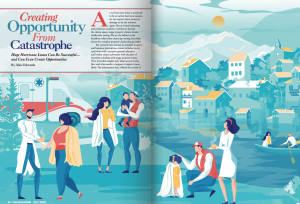
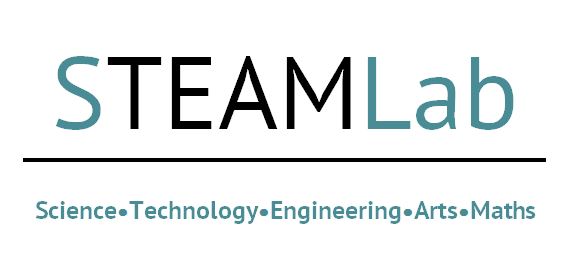

![InnovateUK_LogoA_Interim_RGBx320govuk[1]](http://blogs.bournemouth.ac.uk/research/files/2014/12/InnovateUK_LogoA_Interim_RGBx320govuk11-300x90.jpg)
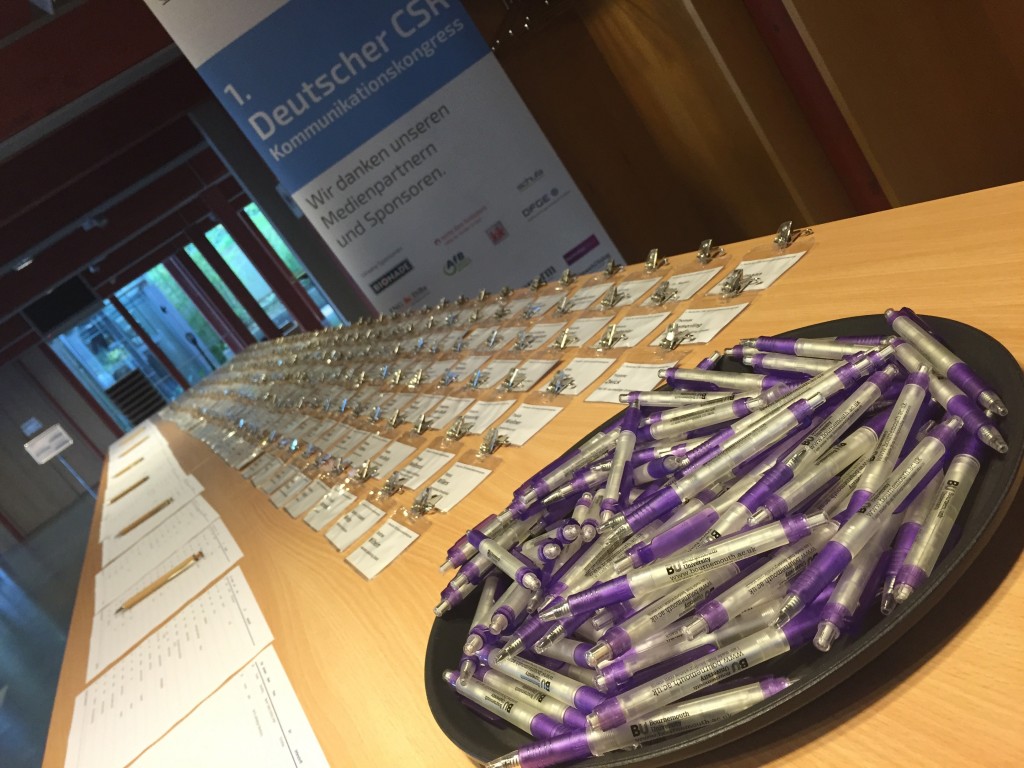
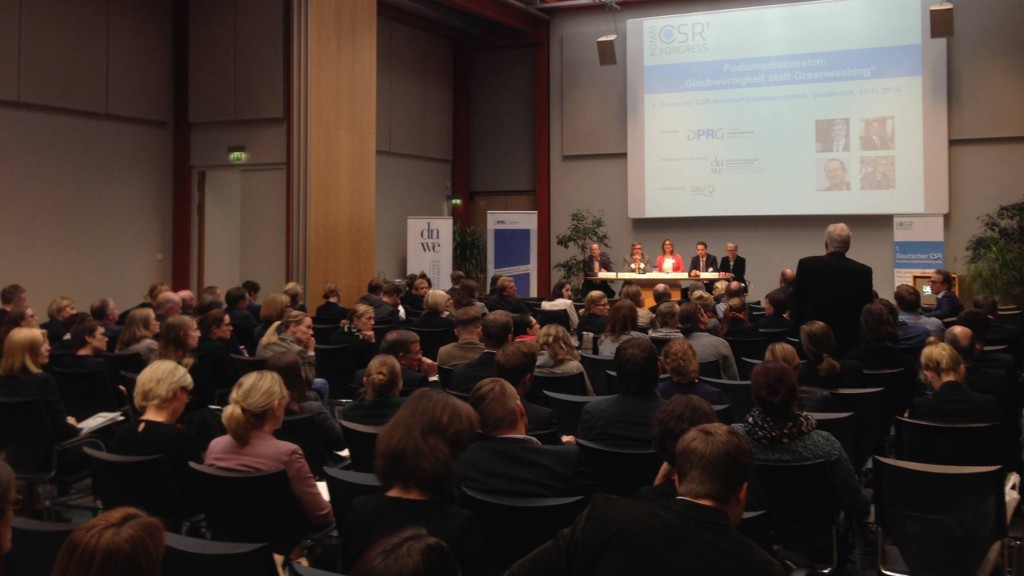
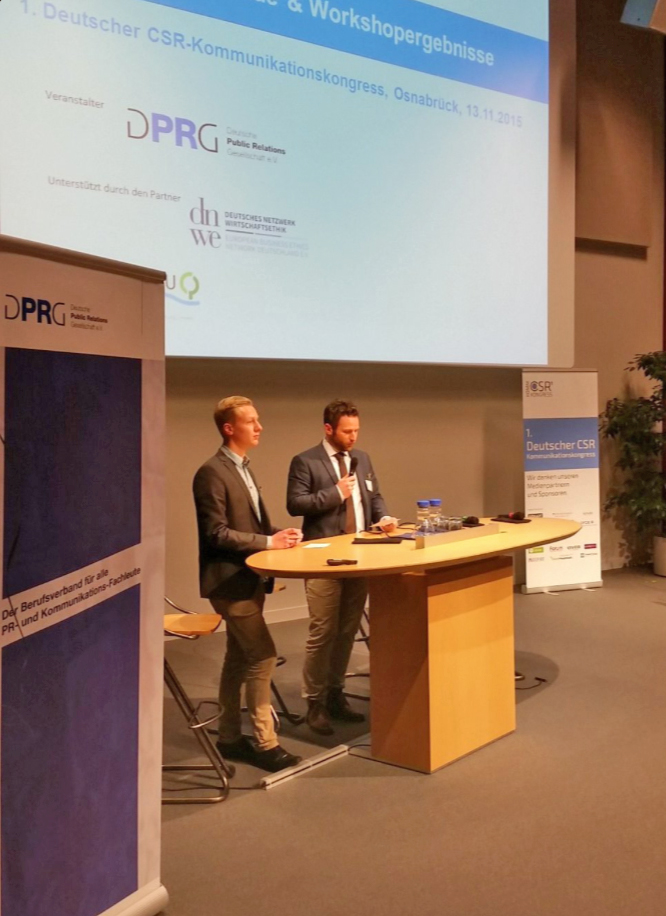
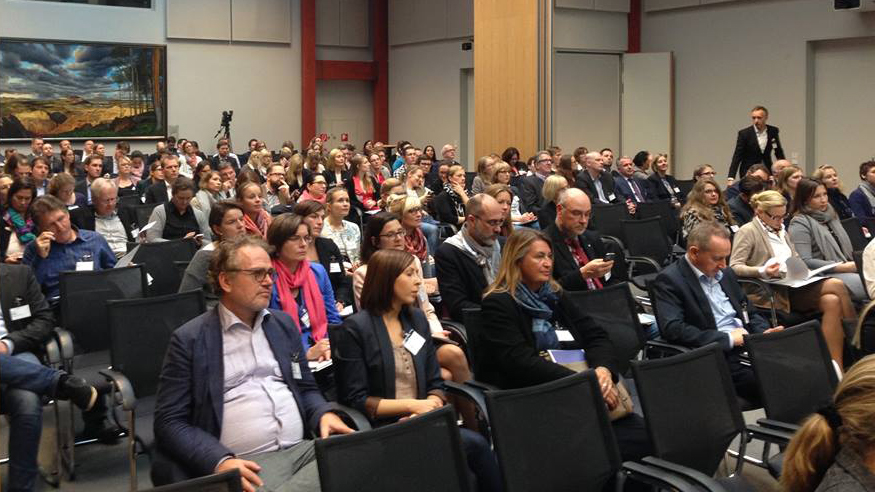




 The Intellectual Property Office (IPO) launched its annual
The Intellectual Property Office (IPO) launched its annual 





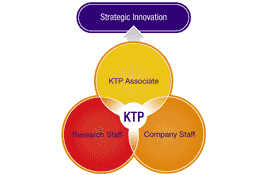











 SPROUT: From Sustainable Research to Sustainable Research Lives
SPROUT: From Sustainable Research to Sustainable Research Lives BRIAN upgrade and new look
BRIAN upgrade and new look Seeing the fruits of your labour in Bangladesh
Seeing the fruits of your labour in Bangladesh Exploring Embodied Research: Body Map Storytelling Workshop & Research Seminar
Exploring Embodied Research: Body Map Storytelling Workshop & Research Seminar Marking a Milestone: The Swash Channel Wreck Book Launch
Marking a Milestone: The Swash Channel Wreck Book Launch ECR Funding Open Call: Research Culture & Community Grant – Application Deadline Friday 12 December
ECR Funding Open Call: Research Culture & Community Grant – Application Deadline Friday 12 December MSCA Postdoctoral Fellowships 2025 Call
MSCA Postdoctoral Fellowships 2025 Call ERC Advanced Grant 2025 Webinar
ERC Advanced Grant 2025 Webinar Update on UKRO services
Update on UKRO services European research project exploring use of ‘virtual twins’ to better manage metabolic associated fatty liver disease
European research project exploring use of ‘virtual twins’ to better manage metabolic associated fatty liver disease